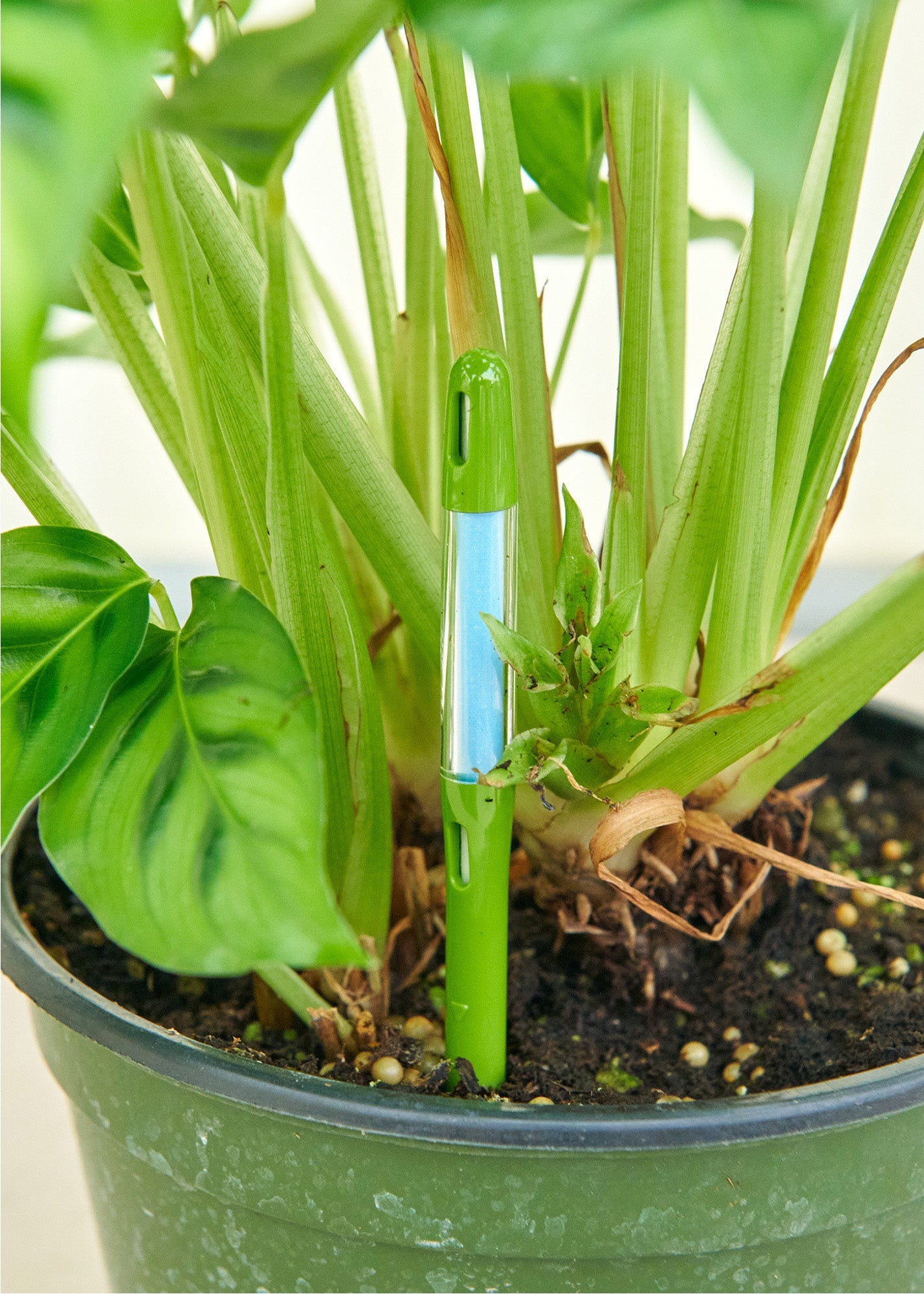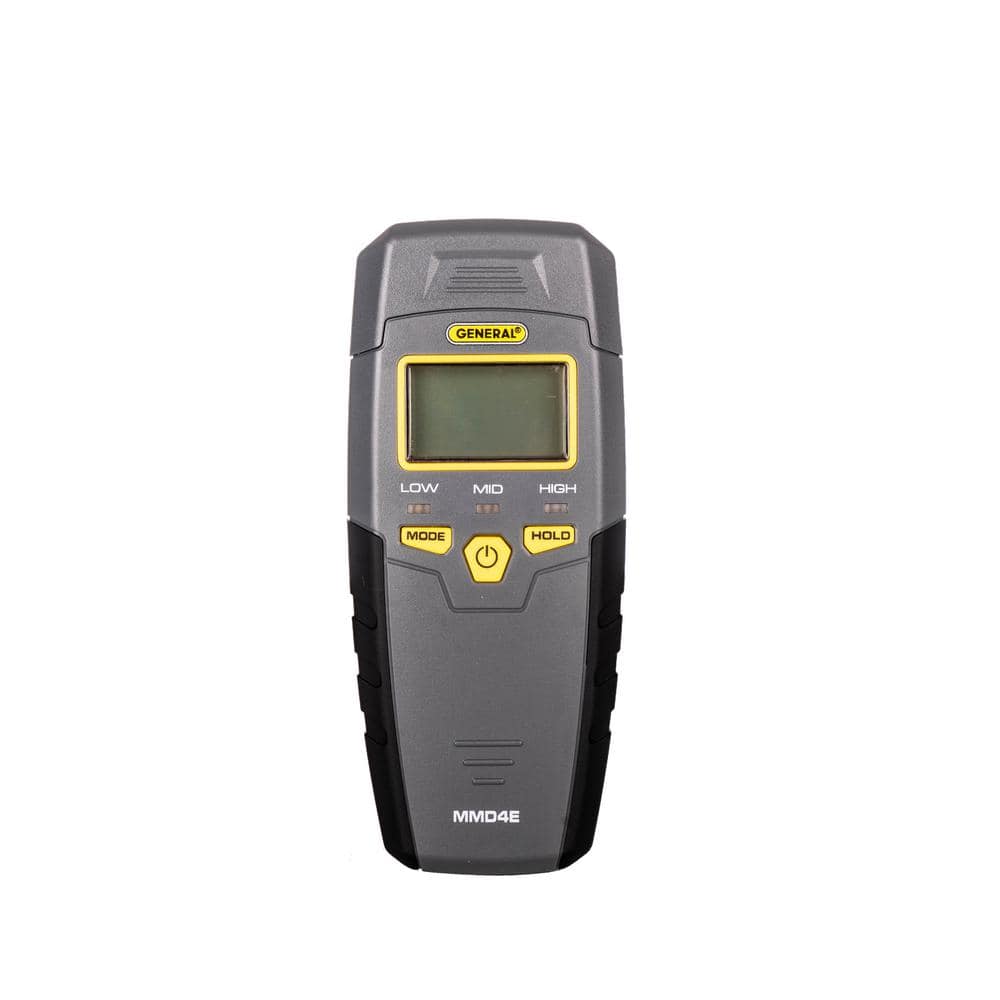How to Use a Moisture Meter to Spot Concealed Water Damages in Your Residential property
How to Use a Moisture Meter to Spot Concealed Water Damages in Your Residential property
Blog Article
The Ultimate Overview to Dampness Meters: A Comprehensive Review and Just How They Can Save You Cash
In the realm of structure upkeep, construction, and various sectors, the value of accurately gauging dampness degrees can not be overemphasized. Dampness meters act as indispensable devices in finding and keeping an eye on moisture content in products, helping in stopping pricey problems and guaranteeing the top quality of products. Understanding the nuances of different sorts of moisture meters, their applications, and the possible cost-saving advantages they supply can be a game-changer for specialists and companies alike. Discovering exactly how these devices can not just streamline procedures but likewise add to financial cost savings is a journey worth starting.
Kinds Of Dampness Meters
Various kinds of wetness meters are readily available for various applications in numerous industries. One typical kind is the pin-type dampness meter, which gauges the electrical resistance between 2 pins put right into a product. This type is suitable for wood, drywall, and other building products. Pinless wetness meters, on the various other hand, use electro-magnetic sensing unit plates to scan a bigger area without causing damage to the material's surface. Moisture Meter. These meters are ideal for rapidly analyzing dampness levels in large areas such as floors and wall surfaces.

Infrared moisture meters measure the thermal properties of a material to establish its wetness web content non-invasively, making them helpful for applications where pin or pinless meters might not be appropriate. Comprehending the different kinds of dampness meters available can help markets choose the most ideal tool for their details wetness measurement needs.

Benefits of Utilizing Dampness Meters
Moisture meters provide indispensable advantages in properly evaluating and checking dampness levels in varied materials and settings. One of the primary advantages of using moisture meters is the prevention of possible damages created by excess moisture.
Moreover, using dampness meters can result in enhanced power performance. By determining areas with high moisture levels, such as leakages or poor insulation, changes can be made to enhance energy conservation and decrease utility costs. In farming settings, dampness meters play an essential duty in optimizing crop yields by enabling farmers to monitor soil dampness levels and make notified irrigation choices. In general, the benefits of making use of wetness meters cover throughout different markets, offering cost-efficient remedies and advertising much better top quality control techniques.
Exactly How to Choose the Right Wetness Meter
When choosing a dampness meter, it's necessary to make sure that the meter is appropriate for the specific material you will be screening. Different materials have differing electrical buildings that can affect dampness analyses, so picking a meter made for your product is vital for exact results. By meticulously reviewing these elements, you can pick a wetness meter that meets your needs and offers exact moisture dimensions for your projects.
Correct Strategies for Moisture Meter Use

Expense Savings Through Dampness Meter Applications
How can the strategic use of moisture look what i found meters lead to substantial expense savings throughout various sectors? In the agriculture sector, moisture meters help in figuring out the optimal time for gathering crops, protecting against over-drying or excess dampness that can affect the final item's high quality.
Similarly, in building, moisture meters assist prevent expensive damages by detecting dampness degrees in building materials, such as wood or concrete, which can cause architectural problems if not resolved immediately. By identifying trouble locations at an early stage, contractors can take corrective actions to avoid substantial repairs or replacements, inevitably conserving money and time.
Moreover, in the food processing market, dampness meters are vital for checking product quality and making sure conformity with safety policies. By properly gauging moisture content in food products, makers can protect against spoilage, maintain quality, and reduce waste, resulting in substantial expense financial savings. Generally, the critical application of dampness meters is a valuable investment that can result in considerable expense decreases and enhanced effectiveness throughout different markets.
Final Thought
In final thought, moisture meters are valuable devices for discovering and measuring moisture degrees in various materials. By making use of the right moisture meter and adhering to correct methods, individuals can efficiently protect against expensive problems triggered by excess dampness.
Wetness meters offer as crucial tools in detecting and monitoring moisture material in products, aiding in protecting against costly problems and ensuring the quality of items. Infrared dampness meters measure the thermal residential or helpful hints commercial properties of a product to establish its wetness web content non-invasively, making them useful for applications where pin or pinless meters might not be suitable.Moisture meters use invaluable advantages in properly assessing and keeping an eye on moisture degrees in diverse products and settings. In agricultural settings, wetness meters play a critical role in maximizing plant yields by making it possible for farmers to monitor soil moisture levels and make notified watering decisions.In conclusion, wetness meters are beneficial devices for determining and spotting dampness degrees in various materials.
Report this page